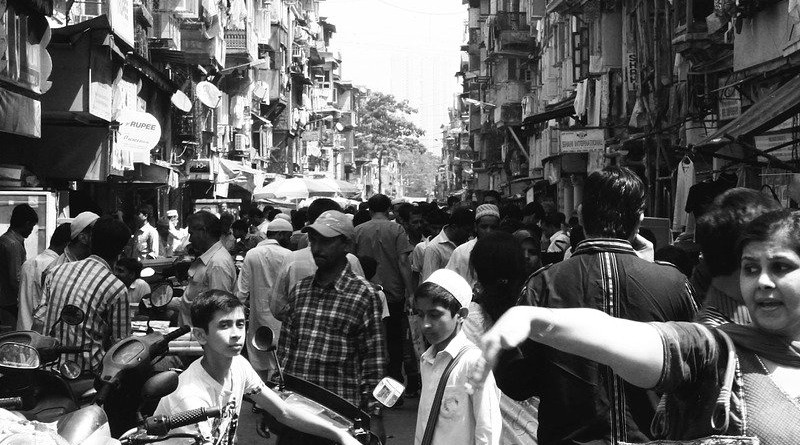UNHRC Report And Human Rights In India – OpEd
By Shaimin Raja
On March 7, 2024, the international community was confronted with a sobering reality as UN human rights experts raised the alarm about the escalating violence against minorities, media, and civil society in India. This troubling development serves as a poignant reminder of the urgent need for concerted action to address the flagrant violations of fundamental rights and freedoms in the world’s largest democracy. As we grapple with the ramifications of these dire circumstances, it becomes imperative to delve deeper into the root causes and explore avenues for meaningful change.
The UN special experts, operating under the auspices of the Special Procedures of the Human Rights Council, represent the vanguard of independent fact-finding and monitoring mechanisms within the UN human rights system. Their recent expressions of deep concern regarding the targeted attacks on religious, racial, and ethnic minorities in India underscore the gravity of the situation. Civil society, including human rights defenders and the media, finds itself besieged, confronting relentless persecution and harassment in the pursuit of truth and justice.
Of particular concern is the anticipated escalation of violence in the months leading up to the national elections. Incidents of hate crimes, dehumanizing rhetoric, and incitement to violence have become disturbingly commonplace, perpetuated by vigilante groups operating with impunity. The arbitrary killings, demolitions of minority homes, and intimidation tactics have instilled a climate of fear and uncertainty among vulnerable communities, threatening to tear apart the social fabric of Indian society.
Equally troubling is the government’s muted response to these egregious human rights violations. Despite numerous communications from UN human rights experts, only a fraction have elicited public replies from the Indian government, signaling a concerning lack of accountability and transparency. Moreover, the staggering number of pending cases referred to India by the Working Group on Enforced or Involuntary Disappearances highlights the systemic failures in addressing the plight of victims and their families.
Compounding these challenges is India’s reluctance to engage with UN Special Procedures, as evidenced by its failure to respond to 15 active pending requests for official visits. This refusal to cooperate with international oversight mechanisms not only undermines India’s commitment to human rights but also raises serious questions about its willingness to uphold its international obligations. The absence of country visits by UN experts since 2017 further exacerbates concerns regarding transparency and accountability.
The recent US State Department report on Human Rights in India serves as a damning indictment of the widespread human rights violations plaguing the country. From unlawful and arbitrary killings to torture, arbitrary arrests, and restrictions on freedom of expression, the report paints a grim picture of a society where basic rights and liberties are routinely trampled upon. The surge in political prisoners and detainees, coupled with privacy violations and media restrictions, underscores the erosion of democratic norms and the stifling of dissenting voices.
In light of these alarming developments, it is imperative for the international community to take concerted action to address the deteriorating human rights situation in India. The United Nations High Commissioner for Human Rights must intensify monitoring efforts and press for accountability for perpetrators of human rights abuses. Diplomatic pressure, targeted sanctions, and international condemnation can serve as powerful tools to compel the Indian government to uphold its obligations under international law and respect the rights of all its citizens.
Furthermore, civil society organizations, human rights defenders, and the media play a crucial role in amplifying the voices of those affected by human rights violations and holding authorities accountable for their actions. Support for grassroots initiatives, legal aid services, and advocacy campaigns can empower marginalized communities and strengthen efforts to combat impunity and injustice.
Ultimately, the protection and promotion of human rights are not just legal obligations but moral imperatives that transcend borders and ideologies. As we bear witness to the erosion of human rights in India, we must stand in solidarity with those who suffer injustice and oppression and work tirelessly to build a world where dignity, equality, and justice prevail for all. The time for action is now. It is imperative that the international community remains vigilant and proactive in addressing these challenges, working in solidarity with Indian civil society to uphold the principles of human rights and ensure a brighter, more equitable future for all.

